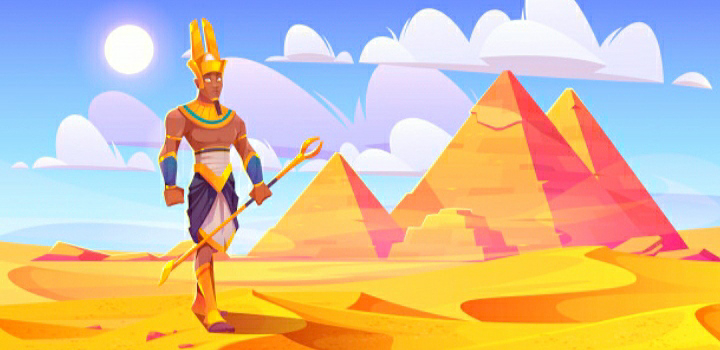Political Realism(classical) in India
Some still believe in classical realism, they are also known as classical realist. This idea of acceptance of ethics in international politics belongs to twentieth-century. Theorists of that time, like Reinhold Niebuhr and Hans Morgenthau, were considered as extreme realists'. In the way to attain independence, Mahatma Gandhi's ideas were truly based on the ideas of realism(means and ends). His idea of non-violence is often misconstrued as a static moral injunction against violence and as a mental, moral and psychological resistance against a violent one. Gandhi as a moral critic of politics always spoke from the standpoint of conscience and truth. His basic idea was to attend end but not in the price of morality and humanity. He knew that politics has a violent face, which remains in the layers of several superstitions.
The only thing common in the beginning of twentieth-century, the world was evident of political violence. As Machiavellian doctrine states "that anything is justified by reason of state"(Bull 1995, 189), is the most dangerous threat ever explained in a book. Gandhi believed in the power of one's moral strength. But according to my critical thinking, this ideas fails to address the security of state, common national interest and achievement of power. The biggest problem with this theory is that, it could never be generalized. We live in a globalize era where every nation state is in a race to build their state into a super-super power. If one nation lacks behind, then all the political pressure from globe will oppress it the most. Gandhi's ideas were possible but only if it is in a perfect world.
After Gandhi, the most popular indian political figure of that time was Nehru. Nehru was an amazing thinker as well. His idea of non-alignment movement was followed with many nations like Egypt,Ghana,Indonesia and Yugoslavia. His ideas were so prominent that in present day, there are almost 120 developing countries that signed the non alliance treaty. To keep themselves in a more sovereign state of governance. His works in the formation of the United Nations were evident for his ideas to a world leading to a peaceful place. His means and ends were both peaceful in nature. One of his biggest work was on his crusade of nuclear disarmament. In all three case, it is proves that Nehru was both sincerely committed to what he saw a moral cause, but also convinced that advancing it would suit a narrower Indian interests as well.
BY- Bibhav Ranjan | BA, UNIVERSITY OF DELHI
Will be continued in next article...
Discussion-Present political Realism in India.





Wow mind blowing... Loved it
ReplyDelete